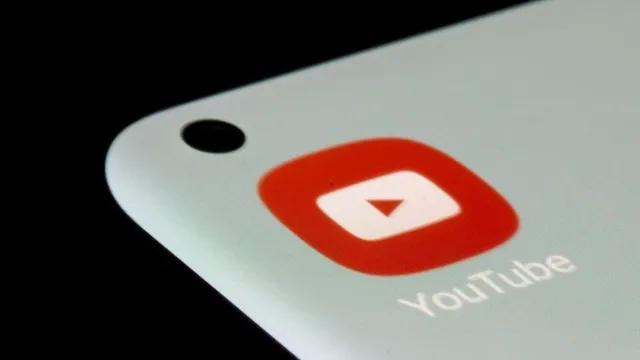- By Prateek Levi
- Sat, 27 Sep 2025 11:42 PM (IST)
- Source:JND
YouTube Music is adding a fresh twist to its platform with AI-powered music hosts that bring stories, trivia, and commentary to the songs you’re listening to. The experiment, announced on Friday, is currently available through YouTube Labs, the company’s new hub for testing AI-driven features.
The idea isn’t entirely new—Spotify rolled out its AI DJ back in 2023, offering personalised playlists paired with AI-generated spoken commentary. YouTube Music, however, is framing its approach as part of a broader push into conversational AI.
ALSO READ: Sam Altman Predicts AI Could Replace 40% Of Human Tasks By 2030
Just this July, the service introduced an AI conversational radio, which lets users describe what they want to hear to generate a customised station. These new AI hosts expand on that concept by layering context and fan-focused details onto the music experience.
According to YouTube, Labs is “a new initiative dedicated to exploring the potential of AI on YouTube.” Similar to Google Labs, the programme allows users to try out early AI tools and provide feedback. Participation doesn’t require a Premium subscription, but slots are limited and currently available only to U.S.-based users.
The launch of YouTube Labs has already led to several AI-focused updates. This month, the company introduced new generative AI tools for Shorts creators. Earlier this year, it rolled out an AI-powered search carousel to help viewers discover content more easily, along with expanded access to conversational AI features that offer recommendations, video summaries, and topic insights.
Still, YouTube is making sure AI doesn’t flood its platform with low-quality material. Recent policy updates now restrict creators from monetising “inauthentic” or mass-produced AI-generated content, signalling that while the platform is keen on innovation, it also wants to protect quality standards.
ALSO READ: Elon Musk’s Grok AI Exposes Chats Of Over 370,000 Users Online
For now, the AI music hosts are limited to experimental testing, but if they gain traction, they could become a defining part of how fans experience music on YouTube.

